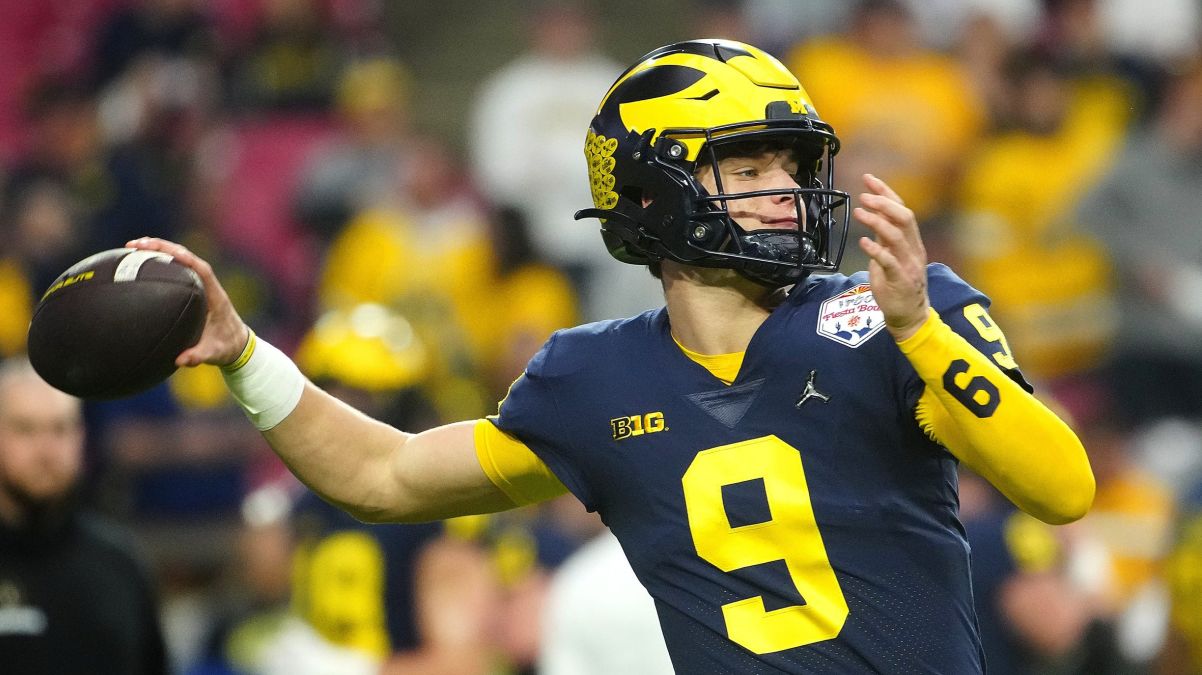After nearly 50 years, the Supreme Court has voted to overturn landmark ruling Roe v. Wade, which provided constitutional protections for abortions across the nation, leaving power to the states.
Friday's ruling immediately splits the country into states with abortion access and those that outlaw it.
At least 23 states already have laws or constitutional amendments in place that would make them likely to try and ban abortion as quickly as possible, according to the Guttmacher Institute, an abortion-rights advocacy and research group.
Thirteen states have "trigger" laws, which were designed to ban abortion in the event that Roe is overturned.
Feeling out of the loop? We'll catch you up on the Chicago news you need to know. Sign up for the weekly Chicago Catch-Up newsletter here.
In the 13 states with abortion-related trigger laws, one method requires a certification by a state’s attorney general or other official before the law can go into effect.
The second approach simply requires that Roe be overruled, or a comparable federal action be taken, for the trigger law to go into effect. As in the other approach, there must be a court judgment or a constitutional amendment. However, this approach does not require specific certification by a state official.
Another half-dozen states have near-total bans or prohibitions after 6 weeks of pregnancy, before many women know they are pregnant.
Local
In Missouri, a trigger law could go into effect with a declaration by the state attorney general, a gubernatorial proclamation, or a resolution from both houses of the state Legislature that Roe has been overruled or a constitutional amendment has taken effect.
Kentucky's trigger law would ban abortions based on a federal court decision or changes to a constitutional amendment.
Though Iowa doesn't have a trigger law, rather a six-week ban, courts have blocked or struck down recent laws restricting abortion. With the latest decision, those laws could go into effect within weeks.
Though Indiana has not passed an abortion ban statewide, the neighboring state could go into special session this summer to evaluate their policies without the protection of Roe.
In Wisconsin, which has an 1849 abortion ban on the books, Planned Parenthood immediately halted all scheduled abortions at its clinics in Madison and Milwaukee following the high court's ruling.
For both Michigan and Wisconsin, the fate of abortion access depends on the upcoming midterm elections as Democratic governors have fought against antiabortion legislation proposed or passed by Republican-led legislatures.
Illinois, on the other hand, has "very strong pro-reproductive rights laws," Carolyn Shapiro, professor of law and co-director of Chicago-Kent College of Law’s Institute on the Supreme Court of the United States, told NBC 5 last fall when the Supreme Court allowed a new Texas law that bans most abortions.
Illinois Gov. J.B. Pritzker signed into law in 2019 legislation expanding abortion rights across the state.
The Reproductive Health Act rescinded prohibitions on some late-term abortions and 45-year-old criminal restraints such as criminal penalties for doctors performing abortions.
The restrictions adopted after the 1973 U.S. Supreme Court decision in Roe v. Wade that legalized abortion have never been enforced in Illinois because of court injunctions.
Sponsors of the Reproductive Health Act warned at the time that its protections would be necessary should the landmark Roe v. Wade decision be overturned.
Pritzker also repealed the Parental Notification Act in 2021, allowing pregnant minors to choose whether or not a legal guardian or family member is involved in their decision. Supporters of the move said the repeal "protected the most vulnerable youth - such as victims of rape, incest, and domestic abuse – from being compelled to notify their abusers."
Following the latest news of the SCOTUS decision, Pritzker tweeted "we will fight back," additionally calling for a special session for reproductive health rights.
He called for the General Assembly to hold a special session in the coming weeks saying, "together, we are committed to taking swift action to further enshrine our commitment to reproductive health care rights and protections."
In recent years, Illinois has seen an influx of patients traveling to the state to seek reproductive care, Pritzker said.
According to data from the Illinois Department of Public Health, 7,534 nonresidents received abortions in Illinois in 2019, compared with 2,970 in 2014 and 5,528 in 2017.
"This is not an assurance that Illinois will always be a pro-choice state," Pritzker said previously. "If the wrong people are elected to office, people who are against women's rights get elected to office, if the legislature turns Republican or the governorship turns Republican, we will end up being an anti choice state."
In roughly a half-dozen other states, the fight will be over dormant abortion bans that were enacted before Roe was decided in 1973 or new proposals to sharply limit when abortions can be performed, according to the Guttmacher Institute.
In the final opinion issued Friday, Alito wrote that Roe and Planned Parenthood v. Casey, the 1992 decision that reaffirmed the right to abortion, were wrong the day they were decided and must be overturned.
Authority to regulate abortion rests with the political branches, not the courts, Alito wrote.
Joining Alito were Justices Clarence Thomas, Neil Gorsuch, Brett Kavanaugh and Amy Coney Barrett. The latter three justices are former President Donald Trump appointees. Thomas first voted to overrule Roe 30 years ago.
Chief Justice John Roberts would have stopped short of ending the abortion right, noting that he would have upheld the Mississippi law at the heart of the case, a ban on abortion after 15 weeks, and said no more.
Justices Stephen Breyer, Sonia Sotomayor and Elena Kagan — the diminished liberal wing of the court — were in dissent.
The ruling is expected to disproportionately affect minority women who already face limited access to health care, according to statistics analyzed by The Associated Press.



